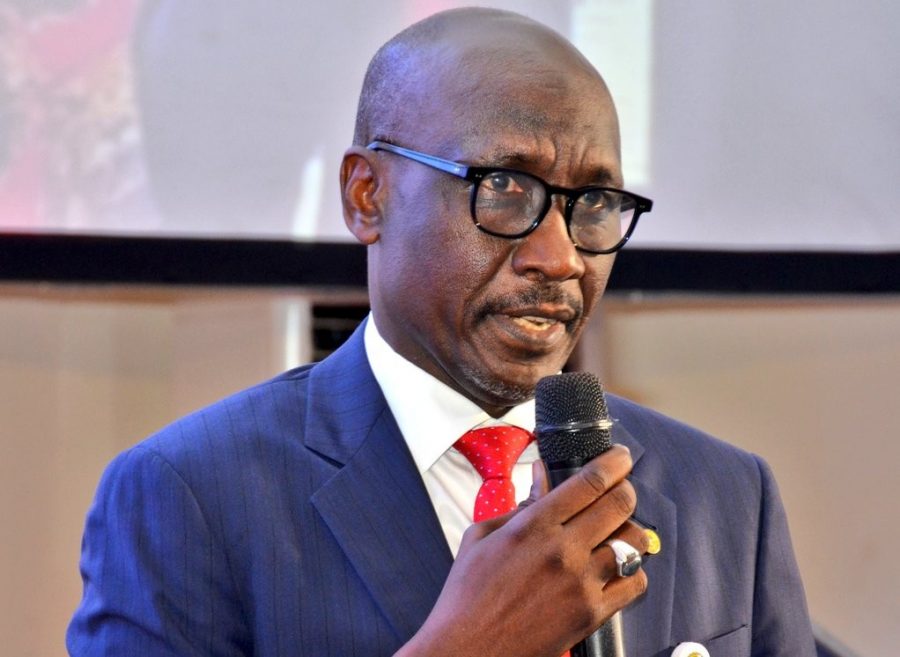The Group Chief Executive Officer of the Nigerian National Petroleum Company (NNPC), Mele Kyari, has said that Nigeria needs N4.2 trillion to meet fuel subsidy requirements this year.
He stated this during an interview with Channels TV, noting that the amount is based on the calculation of recent fuel distribution logistics. Kyari said:
- “We transfer products to oil marketing companies at N113 per litre so that we can establish a market price of N170. This was a year ago. That is the basis of all the estimates, now there are some adjustments that have brought us to the reality of the cost of vessels that I have mentioned over and over and that adjustment took us to a different level in terms of logistics. But what NNPC has kept is the transfer price from our landing location to the marketing companies.
- “So, yesterday’s (February 6) data showed that these products will land in this country at N295 per litre, which means you have to sell it at N113 to the marketing companies so that they will be able to maintain the current subsidy regime that we are running. It means that you have N185 per litre of subsidy on every product that comes into this country.
- “If you look at the average we have done of 63 million litres from January 2023 till date, and convert it to 365 days, that means you need N4.2 trillion to meet the fuel subsidy requirements for the country.”
A dicey situation: Speaking further, Kyari added that as the sole importer of petroleum products into the country, the NNPC is supposed to receive monthly allowances from the Ministry of Finance to finance fuel subsidies. But he wasn’t sure if this could be possible amid the country’s current fiscal realities.
- “By law, there is a provision for N3.36 trillion for January to June ending the fuel subsidy regime for the country. That means, technically, the Ministry of Finance is supposed to be giving us checks against this subsidy value on a monthly basis. But it is not a real situation.
- “We are a company owned by the state today, we have fiscal obligations from taxes, royalties and margin, which are all owned by the state. All these are because we have not diluted the ownership of the NNPC. So, what we can do is to hold back the fiscal obligation so we can use it to buy the products and sell them to the market.”
Nigeria’s energy security: Mele Kyari said that the NNPC was working towards making sure that the rehabilitation of the refineries is completed as soon as possible and the Dangote Refinery starts working soon so that petroleum products can become close to Nigerians. He said that for now, the country has to import fuel and to ensure proper distribution, stakeholders need trucks, vessels, and the cooperation of stakeholders like marketers and security agencies.
For the record: According to Kyari, IPMAN is managing fuel prices jointly with the NNPC, and they are also cooperating with security agencies to make sure that the fuel crisis is handled effectively. He emphasized that Nigerians will see an improvement in the situation within a week.












